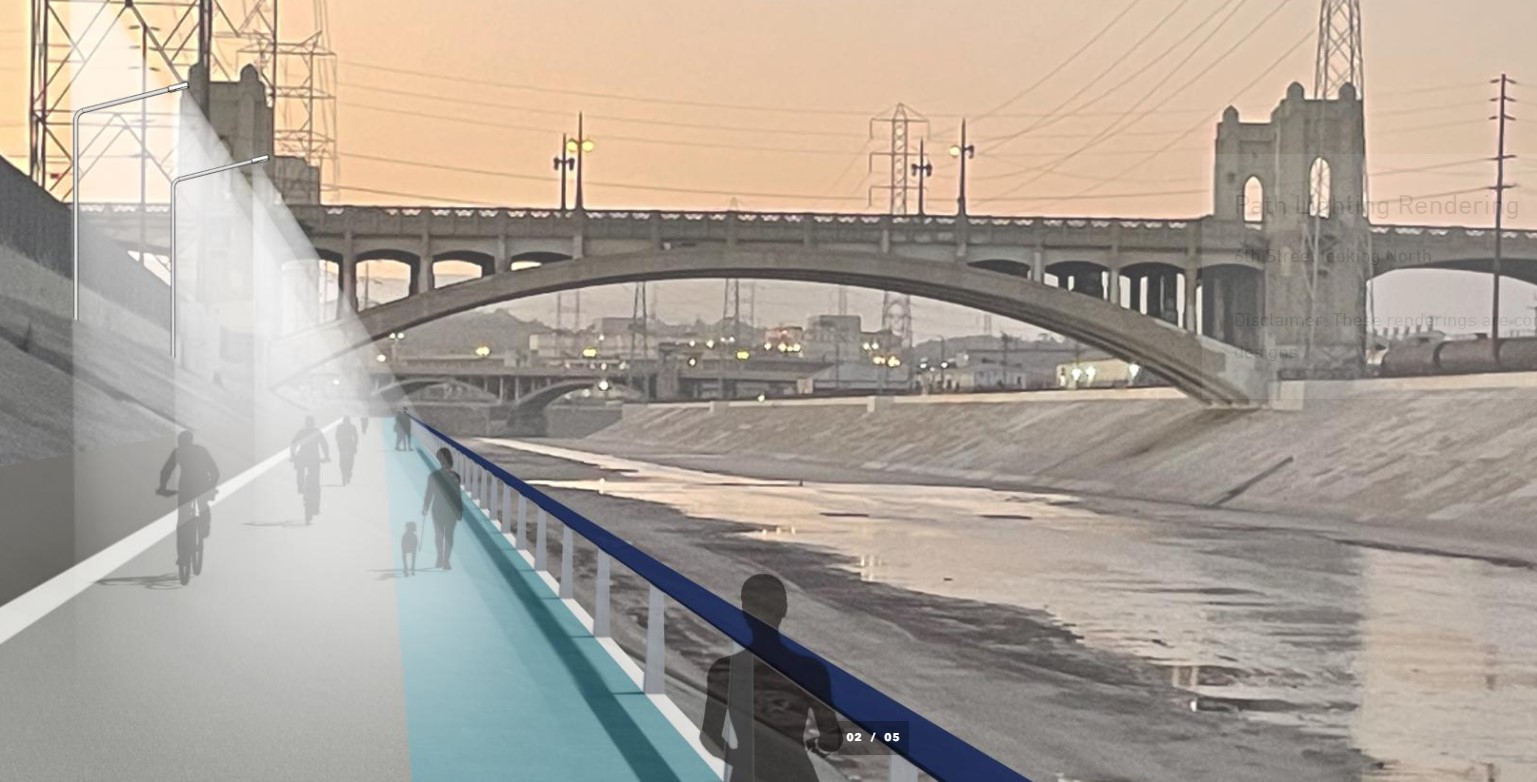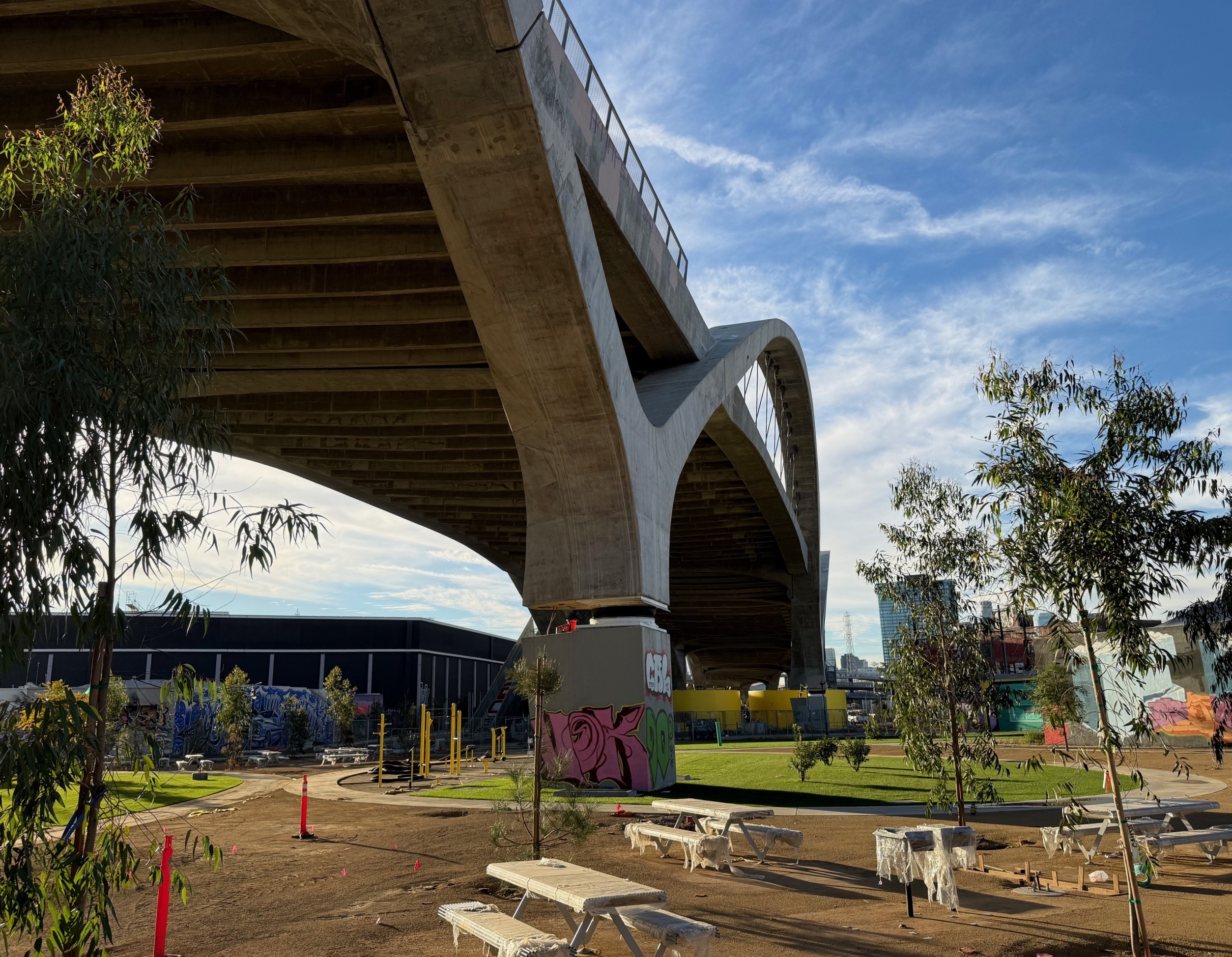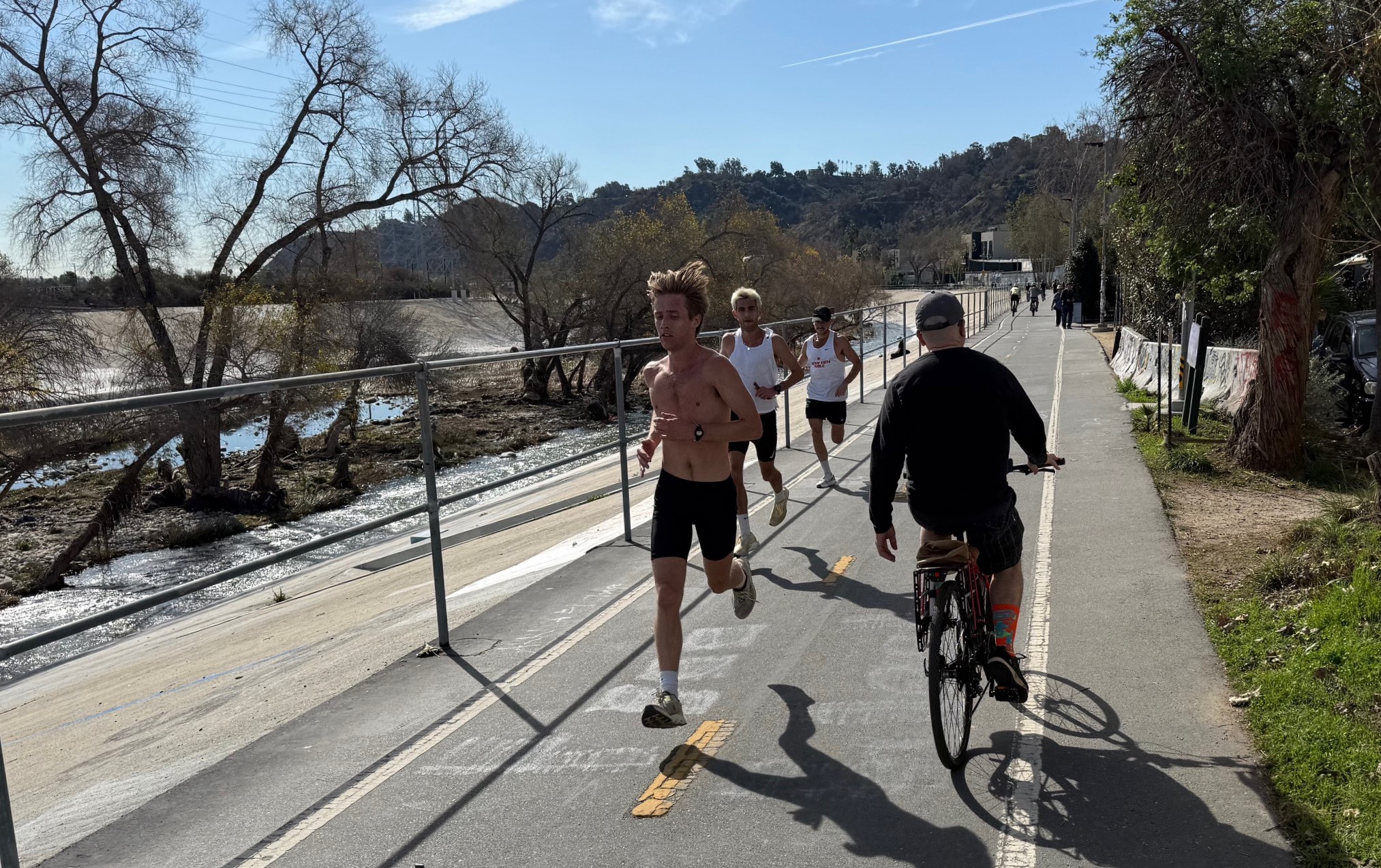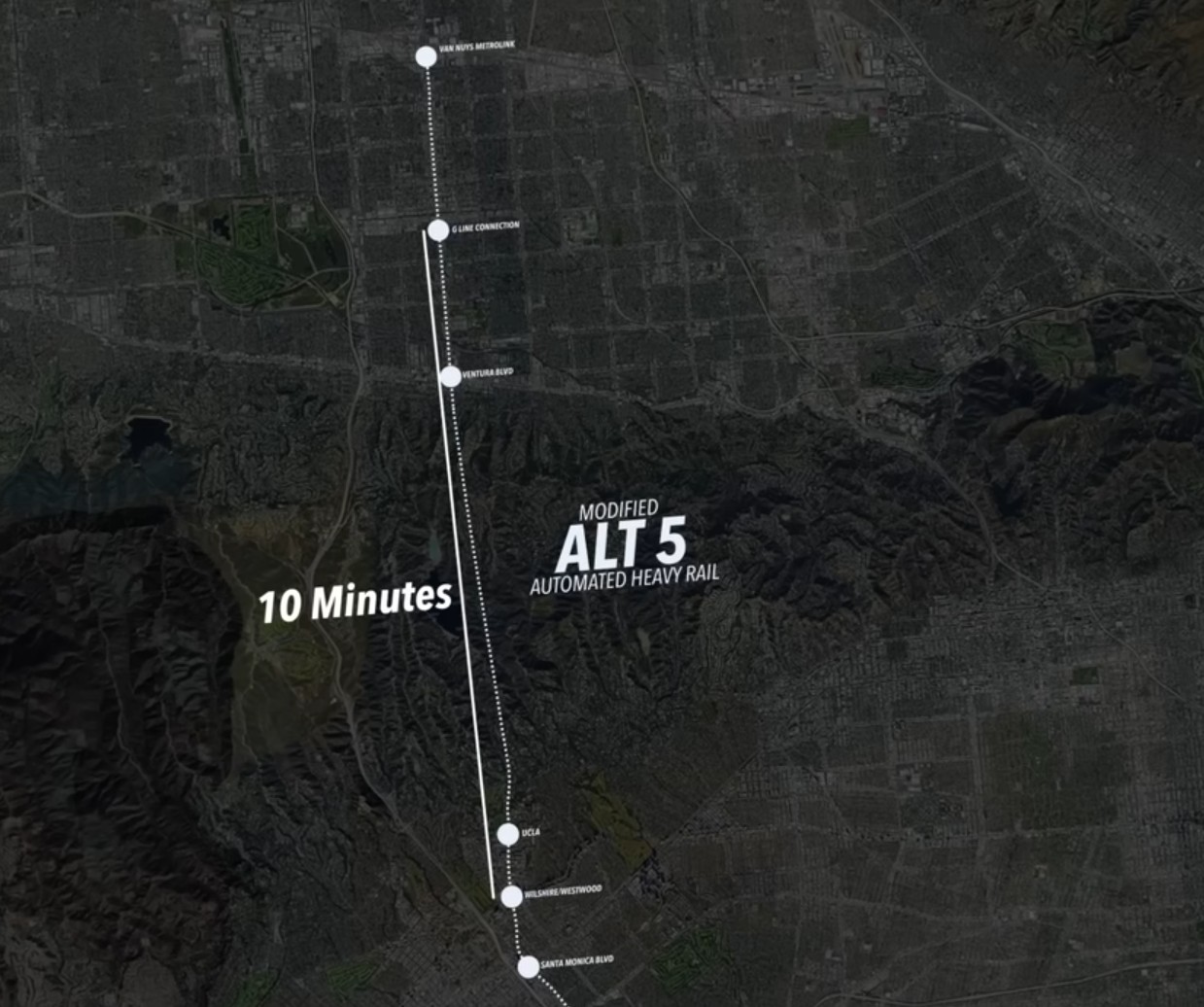Long Beach Transit (LBT)'s latest board meeting held with it a severe amount of questions regarding the transit company's procurement of electric, zero-emission buses (ZEB) from Chinese company BYD. Eyebrows were raised over the proposed buses' weight significantly damaging roadways; the failure of the current China-made BYD bus passing federally mandated Altoona Testing, prompting a longer return time on the contract fulfillment as well as structural questions; and the mysterious addition to the contract that 20 more BYD buses would be purchased without the Board's formal approval of adding such an incentive.
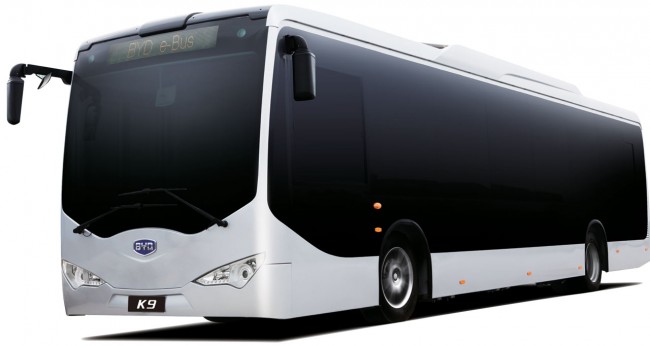
Firstly, LBT's choice of BYD over its other main competitor, South Carolina-based Proterra, has not come without its criticism, from both local publications—including the Long Beach Business Journal and the Long Beach Post—as well as right here at Streetsblog. And thus far, the criticisms don't seem off-kilter.
In regard to the buses being overweight, city traffic engineer Dave Roseman expressed concerned that the weight of the BYD buses would cause significant wear and tear on the streets at the cost of taxpayers. When asked whether this was either previously known or whether the bus's weight had magically altered during Altoona testing, LBT spokesperson Dana Pynn that the weight was "not a new subject" and had been known "throughout the entire process."
Information from the original RFQ shows that second runner up Proterra's contract cost more than BYD's, however, Proterra's bus showed both a lower curb weight—25,000lbs versus BYD's 30,423lbs—and gross vehicle weight—37,000lb versus 39,700lbs. Furthermore, Proterra's buses had already passed Altoona testing at the time of the bid.
Speaking of Altoona testing, all is not well on the BYD front. Rolando Cruz, Executive Director and Vice President of Maintenance and Facilities at LBT, stated the following at the meeting:
"The most critical item in this project is the status of the Altoona testing of the BYD manufactured bus," Cruz said. "The bus was returned to Lancaster as our staff was noticing some rear cracks at the bus—the most vulnerable part of the bus."
The part of any transit bus that takes the most stress with the largest load is the rear of the bus, hence Cruz's emphasis on the cracks being critical. After inspection, it was determined, according to Cruz, to be a result of "low-quality welding" that could be fixed. The coach was fixed and has been returned to Altoona for further testing, which is now expected to be completed by March of next year.
According to Micheal Austin, Vice President of BYD America, this was not a failure.
"BYD buses have not failed at Altoona," Austin said. "In fact, the robustness segments of testing are ongoing with the same bus that started at Altoona late this spring, [the same bus that] was manufactured in our qualified and audited Changsha facility in China."
So… The bus being tested now is not a bus from the proposed Lancaster plant where the 10 procured buses are to come from?
Precisely, as noted by Board members who were deeply discouraged by this fact—so discouraged in fact, that they voted to not only have the China-based bus finish testing but to also send the first completed Lancaster bus through testing as well. This then means that the first of the ten buses to arrive will be the only bus to hit the street; the other nine will not do so until the Lancaster bus itself completes Altoona testing.
After the China bus is finished, it will take 45 to 50 days to complete the Lancaster bus to send to Altoona.
This has prompted the Federal Transportation Authority—who provided LBT the TIGGER grant to procure the ZEBs—to require that LBT perform an audit on the Buy America feasibility of BYD, a concern that had been questioned throughout the bidding process by both Board members and BYD's competitors. Cruz seems confident that there will be no issues.
"We believe to have no issues with [the Buy America clause]," Cruz said, noting that BYD held this specific risk while bidding and praised the FTA for requesting the audit. "We actually did a pre-award Buy America audit with BYD [before we granted them the contract] and those results are showing us over 80% of the material procured is U.S. content."
However, Board Member Lori Ann Farrell—one of two who voted against granting BYD the contract—was not so convinced.
"It's nice to know that staff isn't as concerned with the Buy America clause as is the Board," she dryly noted. "What confused me—and perhaps this is just something I need an education about… Built versus assembled? You [Rolanda Cruz] confirmed with me last month that it's all being built in China but assembled in Lancaster, that it's not a manufacturing facility but an assembling plant—I think that is a critical difference."
Cruz insisted that Lancaster was indeed a manufacturing plant, comparing the way in which BYD is going about making the buses as "tinker toys."
"For example, New Flyer [with 60% of the American market]," Cruz said, "they—at times—manufacture their frames in Canada and bring them down [into the U.S.]… They are being manufactured in the United States. So when [parts] come from China, it's like tinker toys. Everything has to be put together and built here… Per FTA, the requirement states that 'final assembly must be completed in the United States' and that's how we meet the requirement."
Well, gotta love semantics.
Lastly, to add to the confusion that has been the BYD contract, an option for purchasing an additional 20 Zero Emission Buses from BYD was added to the contract—without a single person on the board knowing so.
"I would like to know the legal ramifications of a board approving 10 buses for a contract and it suddenly jumps to 30," said Farrell. "Why would there be an option that wasn't Board-approved?"
"I have heard a request [for 20 additional buses] but I have not seen a request," said new LBT President and CEO Kenneth McDonald. "For us to approve any option, the Board would have to approve that."
According to the Long Beach Business Journal, the move was not illegal under the eyes of Gary J. Anderson, deputy city attorney.
"The fact that there is an option to purchase 20 additional buses does not make the contract illegal. It’s not on the material terms of the contract," Anderson said to the Journal. "If they are really concerned, they can amend the contract to delete the language."
However, Board Members are still baffled at how significantly altered language ended up on a contract unilaterally through staff without a single notice to the board.
"In large contracts it is common for companies to seek options for future purchases," said Kevin Lee, spokesperson for LBT." Some of the benefits in options are that they help lock in desirable pricing and sometimes timing of materials and services. If LBT staff decides to recommend exercising an option—meaning staff was going to recommend we purchase more of these vehicles using the option—then it will definitely be brought to the board for approval. This is not being considered at this time."
Cruz described the inclusion of the 20 bus option as a "staff oversight." Lee, meanwhile, said that LBT was looking into the issue."
"The oversight of including the option in this case is being reviewed by our new President and CEO, Mr. Kenneth McDonald and LBT Board Chair, Barbara Sullivan George along with the entire board," Lee said. "They are working closely together to discuss procedures and resolve any issues that may arise regarding LBT’s all-electric bus procurement."

